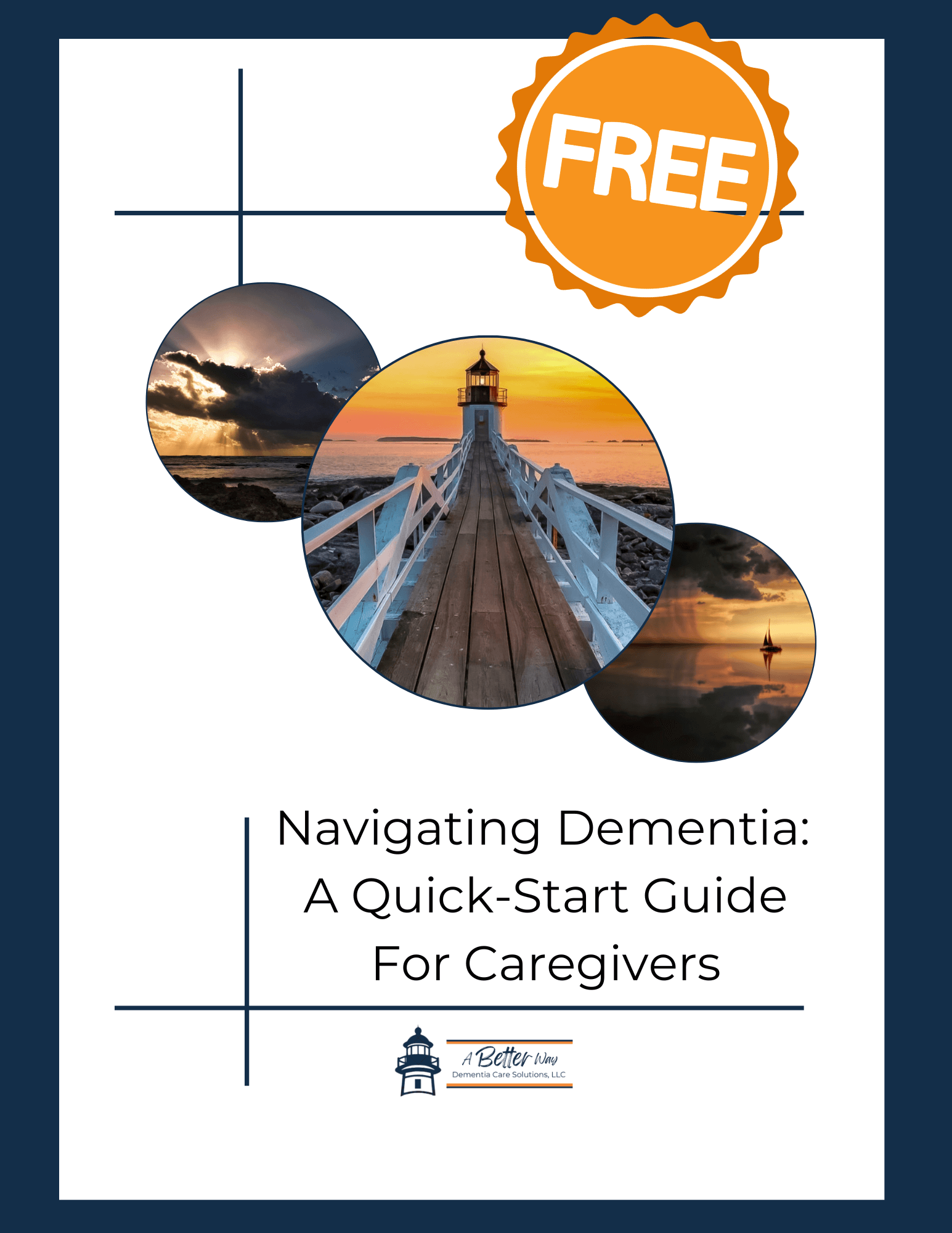
Dementia is a progressive condition characterized by physical changes in the brain that impact memory, thinking, language, and movement. Damage and death of neurons, as well as their communication disruption, lead to brain shrinkage and the classic symptoms associated with dementia. By understanding these changes, caregivers can better anticipate challenges and provide necessary support.
Different types of dementia, such as Alzheimer’s, vascular dementia, Lewy body dementia, and frontotemporal dementia, affect the brain in distinct ways. For instance, Alzheimer's disease involves plaques and tangles that block neuron communication, while vascular dementia results from reduced blood flow. Each type of dementia follows a predictable progression, starting with mild cognitive impairment and advancing to severe symptoms as more brain areas are affected.
For caregivers, understanding these brain changes is crucial for recognizing early warning signs, adapting communication techniques, and preparing for future challenges. While the brain changes caused by dementia are irreversible, early intervention and appropriate support can help slow symptom progression and improve quality of life. Resources, like coaching services and support groups, are invaluable for navigating the caregiving journey effectively.
Read more...
Dementia progresses in various stages, affecting memory, problem-solving abilities, and daily functionality. The Allen Cognitive Level Screen (ACLS) is a crucial tool used to evaluate cognitive function and determine the capabilities, struggles, and assistance needs of individuals living with dementia. Understanding the Allen Cognitive Levels (ACLs), which range from 0 (coma) to 6 (normal cognition), enables caregivers to tailor their care approach to align with the individual's cognitive abilities.
Each cognitive level corresponds to specific care requirements, ranging from full-time assistance in the most severe cases to promoting independence with reminders for those with mild cognitive impairment. For example, individuals at Level 1 may require total assistance and constant supervision, while those at Level 5 can manage most tasks independently but might need help with memory and judgment. These insights enable caregivers to structure daily routines, ensure safety, and provide hands-on assistance or step-by-step instructions based on the individual's needs.
By leveraging the Allen Cognitive Levels, caregivers can set realistic expectations, create supportive environments, and ensure that their loved ones receive compassionate, tailored care throughout the dementia journey. The ACLs guide caregivers in maintaining independence and dignity for individuals with dementia, helping to reduce anxiety and enhance overall well-being. Implementing structured routines, using visual cues, and adjusting safety measures can effectively aid in managing the challenges posed by dementia.
Read more...
As a caregiver, understanding dementia is key to providing compassionate, effective care. Dementia isn’t a single disease but a collection of symptoms that impair memory, cognition, and behavior. From Alzheimer's to Lewy body dementia, each type presents unique challenges. By learning about the specific type of dementia the person you care for is experiencing, you can tailor your approach and set realistic expectations for their journey. Explore practical caregiving tips, resources, and essential tools to help you navigate this evolving condition with greater confidence and empathy.

Navigating the journey of dementia can feel like walking through an ever-changing landscape, but understanding its stages can empower you to provide the best care possible. Dementia is typically divided into three stages: early (mild), middle (moderate), and late (severe), each presenting unique challenges and changes. In the early stage, symptoms such as memory lapses and mood changes are often subtle but crucial for early detection and intervention.
As dementia progresses into the middle stage, symptoms like increased forgetfulness, behavioral changes, and wandering become more pronounced, requiring greater supervision and simplified communication. Finally, in the late stage, dementia severely impacts physical abilities and communication, shifting the caregiving focus to comfort and quality of life. Understanding these stages helps in anticipating and adapting to changes, ensuring you provide compassionate and effective care throughout the journey.
Stay informed and supported by subscribing to our email list for the latest blog posts, resources, and updates. Whether you’re seeking advice, support, or just want to stay connected, we’re here to help you on your caregiving journey. Sign up today to receive valuable information and support.
Read more...












